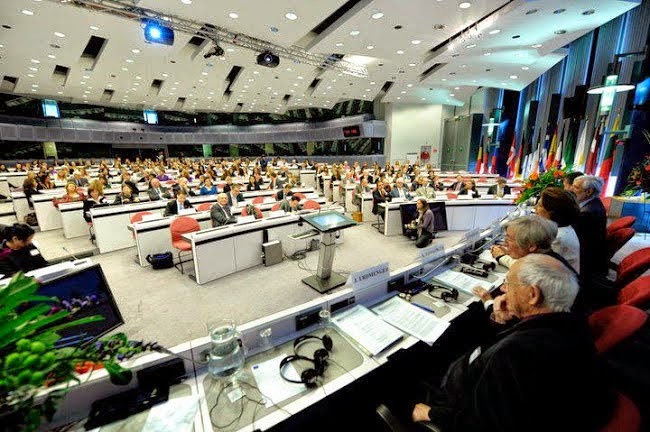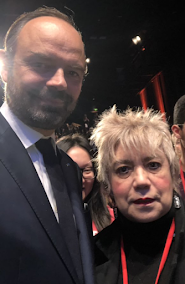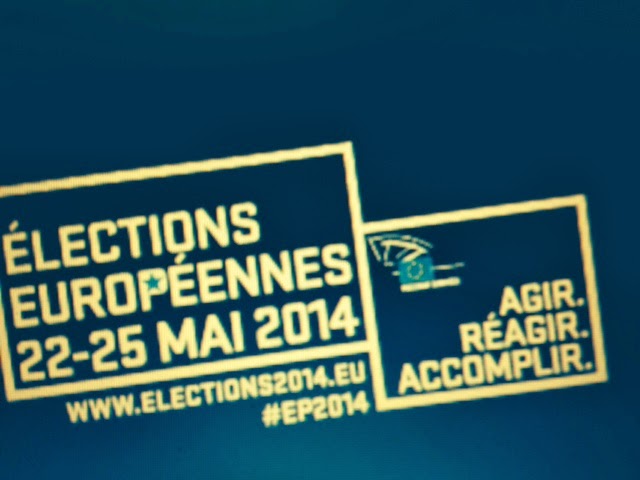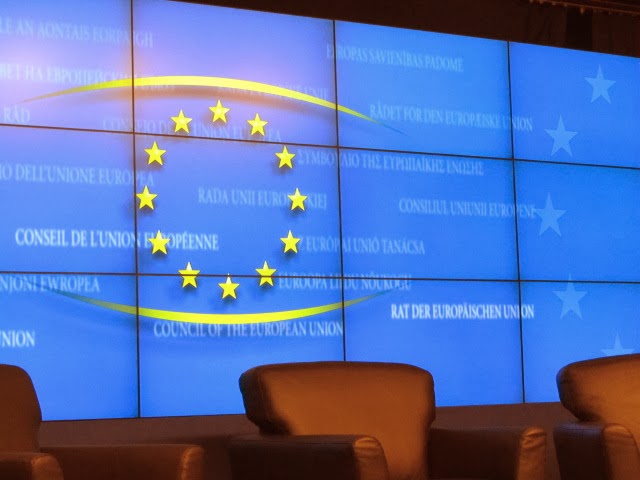Not in employment, education or training (neet), young people in Europe are struggling to get a foot on the ladder. MEPs organised a forum to address the growing crisis of youth unemployment...

Le chômage est l'une des préoccupations majeures en Europe. Découvrez ce que le Parlement européen fait pour améliorer la situation... (en & fr).
Bien à vous,
European Commission
EU measures to tackle youth unemployment
What is the current situation?
- 5.6 million young people were unemployed in the EU-28 area in September 2013.
- This represents an unemployment rate of 23.5% (24.1% in the euro area). More than one in five young Europeans on the labour market cannot find a job; in Greece and Spain it is one in two.
- 7.5 million young Europeans between 15 and 24 are not employed, not in education and not in training (NEETs).
- In the last four years, the overall employment rates for young people fell three times as much as for adults.
- The gap between the countries with the highest and the lowest jobless rates for young people remains extremely high. There is a gap of nearly 50 percentage points between the Member State with the lowest rate of youth unemployment (Germany at 7.7% in September 2013) and with the Member State with the highest rate, Greece (57.3% in July 2013). Greece is followed by Spain (56.5%), Croatia (52.8%), Cyprus (43.9%), Italy (40.4%), and Portugal (36.9%).
- The potential of job mobility to help tackle youth unemployment could be further developed: the workforce in employment in the EU is around 216.1 million persons of which only 7.5 million (3.1%) are working in another Member State. EU surveys show that young people are the group most likely to be mobile.
The situation is clearly unacceptable: this is why the Commission has been working with Member States to tackle youth unemployment.
What is the EU doing?
Investing in youth: the Youth Guarantee
The Youth Guarantee seeks to ensure that Member States offer all young people up to age 25 a quality job, continued education, an apprenticeship or a traineeship within four months of leaving formal education or becoming unemployed. The Youth Guarantee is one of the most crucial and urgent structural reforms that Member States must introduce to address youth unemployment and to improve school to work transitions.
The logic of the Youth Guarantee is very simple – to ensure that young people are actively helped by public employment services to either find a job suited to their education, skills and experience or to acquire the education, skills and experience that employers are looking for and so are directly relevant to increasing their chances of finding a job in the future.
This approach is based partly on the very clear relationship between levels of educational attainment and youth unemployment:
Youth unemployment rate, by educational attainment, EU-27, 2000 – 2012 :
LINK : http://europa.eu/rapid/press-release_MEMO-13-968_en.htm
Bien à vous,
@MorganeBravo
Candidate Elections Européennes2014... :







































































Aucun commentaire:
Enregistrer un commentaire